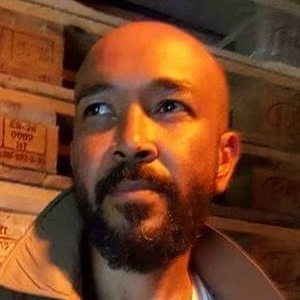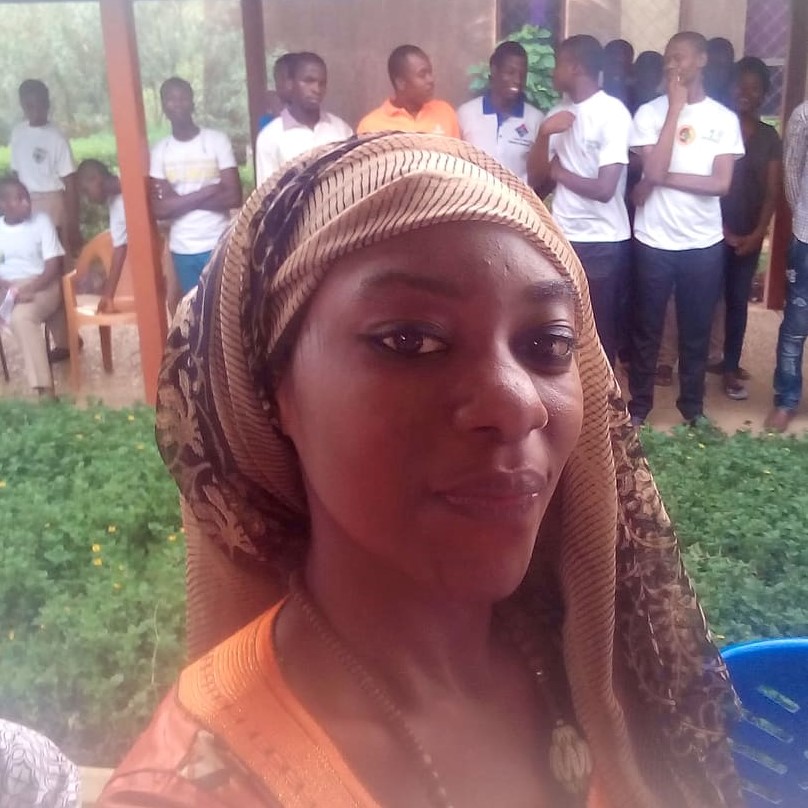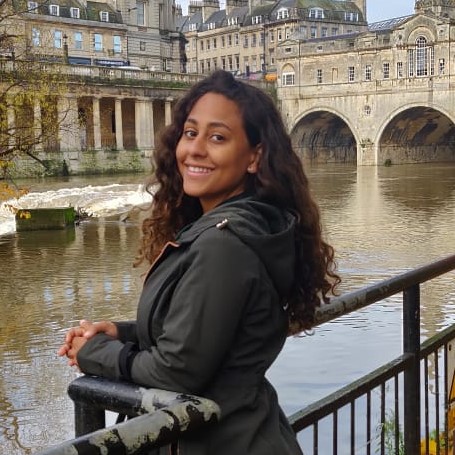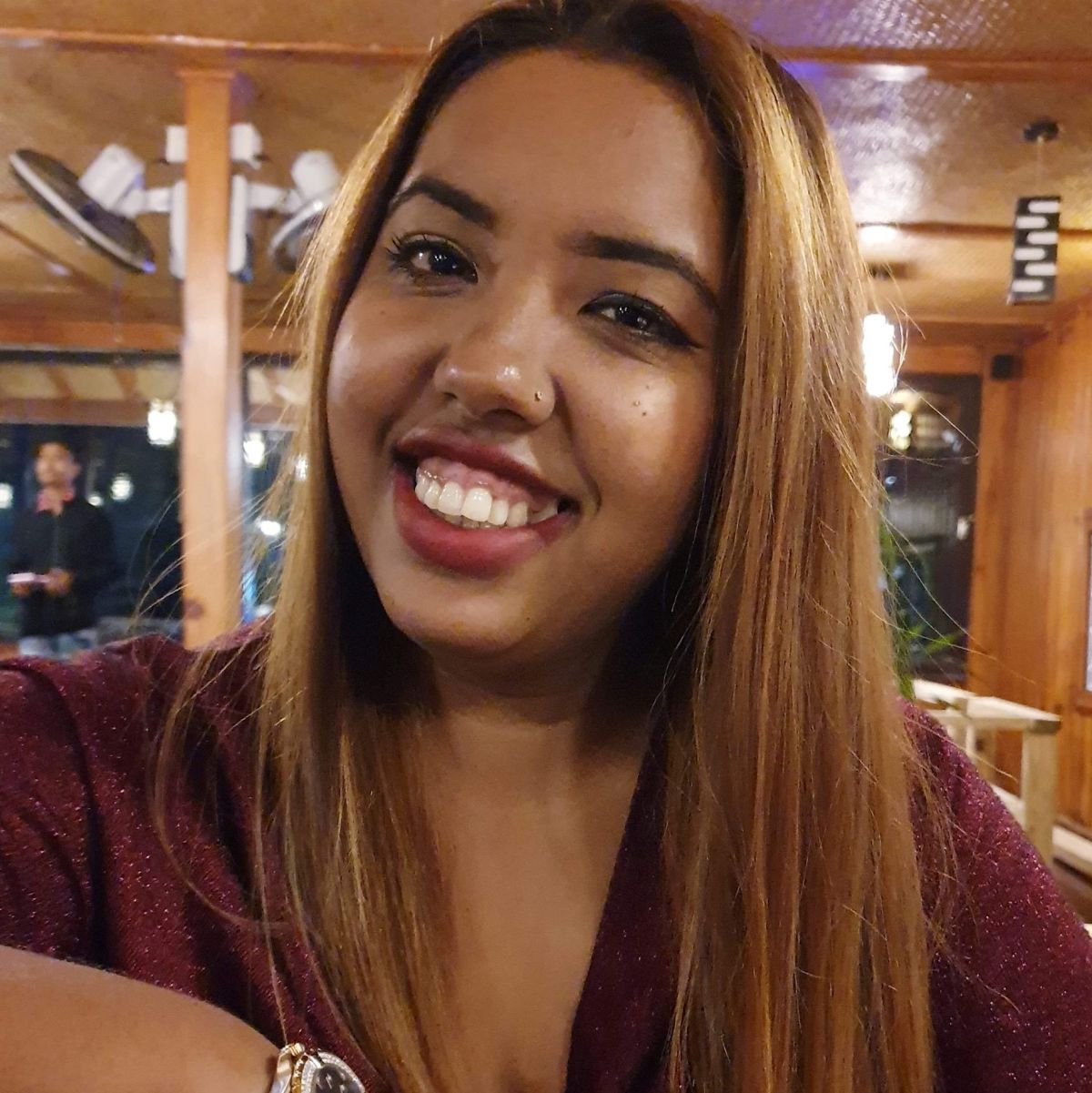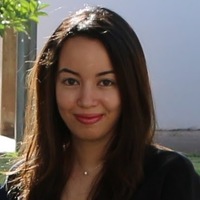Sfidando la “realtà” a colpi di pennello
La mia arte racchiude tensioni che sono alla base di concetti, identità ed esperienze; lo scopo è quello di sfidare il pubblico, ponendolo di fronte a convinzioni sulle quali non ha ancora riflettuto. Basti pensare all’immagine della donna, una figura per me dotata di straordinaria forza (empoderamente); eppure, siamo abituati a considerare femminile tutto quello che ci sembra “piccolo” e indifeso.
Brazil, Southern America
Story by Milton Camilo. Translated by Anita Landolfo
Published on November 7, 2022.
This story is also available in 


Sono un pittore e un artista afro-brasiliano, attualmente vivo in Germania e attraverso la mia arte metto in discussione le esperienze vissute in Brasile e in Germania negli ultimi 20 anni. Mi focalizzo, in particolare, sul ruolo di genere e sulle discrepanze tra quello che ci hanno insegnato e quello che esso è realmente.
Sono cresciuto in un quartiere popolare di Rio insieme a mia madre, un genitore single che ha ispirato la mia visione delle donne e, provenendo da una famiglia matriarcale, sono state proprio loro ad insegnarmi tutto quello che so, incluso il significato del matriarcato nero in Brasile con i suoi riti. Ad esempio, quando il cibo scarseggiava, io e la mia famiglia andavamo a raccogliere erbe; tuttavia, per farlo è necessario conoscere la differenza tra erbe commestibili e velenose, concetto che ho appreso quando mi fu spiegato che è possibile trarre beneficio da alcuni elementi presenti in natura. Ancora una volta sono state le donne ad insegnarmelo, non gli uomini, e tutto ciò ha avuto un grande impatto su di me.
Ed è grazie a tali insegnamenti se oggi, ai tempi del coronavirus, riesco ad andare avanti con la mia vita credendo fermamente alla conoscenza del matriarcato, una vera saggezza tramandata per generazioni. Il termine portoghese empoderamente (emancipazione)[1] descrive il potere della crescita e del riscatto e, con riferimento alle donne e alla comunità matriarcale nera in cui sono cresciuto, ne indica l’emancipazione e la capacità di aver sviluppato delle strategie di sopravvivenza con le proprie forze.
Grazie all’educazione ricevuta, la donna è per me una figura estremamente forte, indipendente e potente che si distacca dagli ideali di bellezza pensati per l’uomo forte, che la dipingono come una donna bianca, fragile e piccola. La mia arte è anche influenzata dall’esperienza personale, legata al genere e all’identità. Quando avevo 19 anni iniziai danza classica in Brasile, in un tempo e luogo in cui non era socialmente accettabile l’idea di un ballerino uomo; infatti, nel mio quartiere a Rio iniziarono a considerarmi gay, sebbene avessi sempre affermato di amare chiunque, a prescindere dal genere.
Sono queste tensioni ed esperienze tangibili ad essere racchiuse nella mia arte; lo scopo è quello di sfidare il pubblico, ponendolo di fronte a convinzioni sulle quali non ha ancora riflettuto. Ad esempio, gli artisti del diciannovesimo secolo dipingevano donne nude e distese su un divano, quasi come fossero l’offerta di un rito dedicato agli uomini. Al contrario, come già ribadito, la mia visione della donna è legata all’empoderamente; per questo motivo, ribaltando ogni stereotipo e dimostrando che il genere non è altro che un concetto fluido, nei miei dipinti sono gli uomini ad essere rappresentati come soggetti nudi, e quindi bellezze fragili. Agli occhi di un attento osservatore, tale rappresentazione può essere letta in chiave critica, poiché crea un luogo in cui “la questione identitaria, le culture, il tempo e lo spazio possono essere contestati e cambiati perpetuamente, prendendo forma di una domanda aperta alla quale non si potrà mai rispondere a pieno”. [2] Spero che, attraverso la mia arte, le persone inizieranno ad interrogarsi, riflettere e decostruire concetti che sembrano “normali” comprendendo che, contrariamente a quanto si crede, il genere non è soltanto binario, così come la donna non è una figura “piccola” e indifesa come siamo abituati a vederla. Al contrario, è una figura dotata di straordinaria forza (empoderamente).
Footnotes
[1] Emancipazione
[2] Per maggiori informazioni visitate il mio sito web: http://www.miltoncamilo.de/index.php
How does this story make you feel?
Follow-up
Do you have any questions after reading this story? Do you want to follow-up on what you've just read? Get in touch with our team to learn more! Send an email to [email protected].
Talk about this Story
Please enable cookies to view the comments powered by Disqus.
Subscribe to our Monthly Newsletter
Stay up to date with new stories on Correspondents of the World by subscribing to our monthly newsletter:
Other Stories in Italiano
Explore other Topics
Get involved
At Correspondents of the World, we want to contribute to a better understanding of one another in a world that seems to get smaller by the day - but somehow neglects to bring people closer together as well. We think that one of the most frequent reasons for misunderstanding and unnecessarily heated debates is that we don't really understand how each of us is affected differently by global issues.
Our aim is to change that with every personal story we share.
Community Worldwide
Correspondents of the World is not just this website, but also a great community of people from all over the world. While face-to-face meetings are difficult at the moment, our Facebook Community Group is THE place to be to meet other people invested in Correspondents of the World. We are currently running a series of online-tea talks to get to know each other better.











